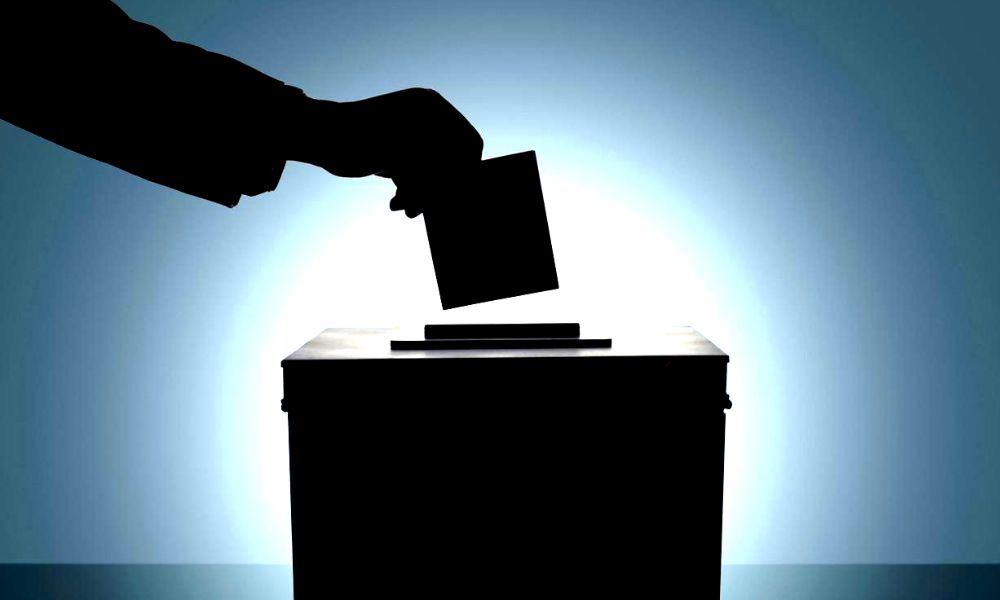Published on: April 24, 21:43 IST
Supreme Court said it is not the controlling authority for elections and cannot dictate the functioning of Election Commission, a constitutional authority. Supreme Court’s Comment came during the hearing on petitions seeking thorough cross-verification of votes cast on Electronic Voting Machines (EVM) with paper slips generated through the VVPAT system. The court has reserved the judgment for now.
The bench exhibited skepticism towards acting solely on suspicion, questioning the feasibility of such grounds for intervention. Responding to concerns voiced by Advocate Prashant Bhushan, representing the petitioner Association for Democratic Reforms, the court emphasized its role in adjudication rather than reshaping individual perspectives.
The petitions, amidst growing concerns from the Opposition regarding EVM integrity, advocate for comprehensive cross-verification of all EVM votes with VVPAT-generated paper slips, contrasting with the current random sampling practice.
Prior hearings witnessed petitioners drawing parallels with European nations reverting to traditional ballot voting, citing issues of public trust. However, the court dismissed these comparisons, emphasizing the distinct challenges faced in India’s electoral landscape. The Election Commission reiterated the efficacy of the current system, asserting its foolproof nature.
Central to the proceedings was the technical intricacies of EVMs, particularly microcontrollers, and the potential for re-programming. While the Election Commission emphasized the one-time programmability of these units, Mr. Bhushan contested, highlighting the re-programmable flash memory. The court, cautious yet reliant on the Election Commission’s technical assessments, deliberated on the plausibility of malicious programming, emphasizing its limited authority over electoral processes.
As the hearing unfolds, the Supreme Court’s reluctance to assume a supervisory role over the Election Commission underscores the intricate balance between judicial oversight and institutional autonomy in India’s democratic framework.

